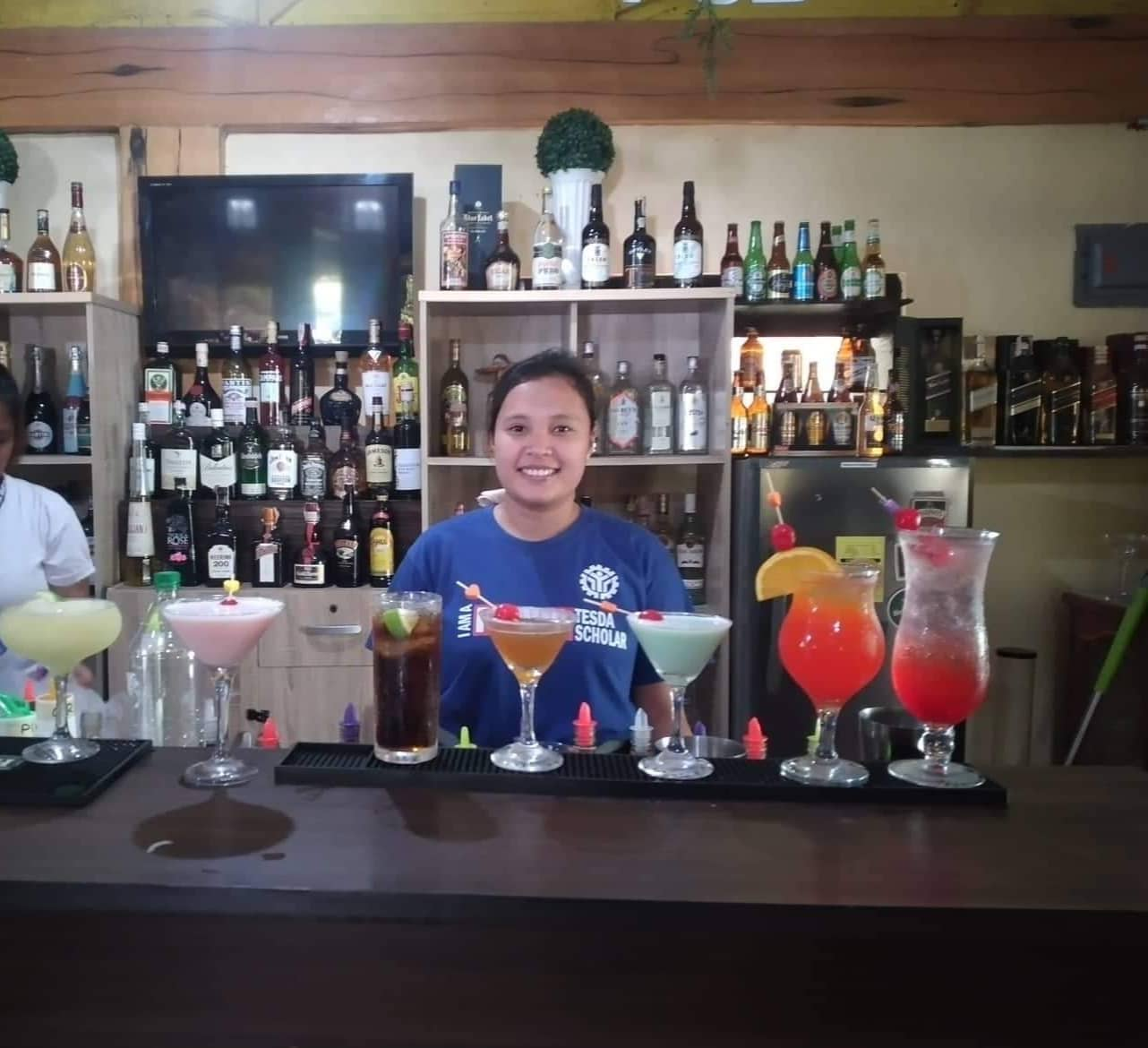
- Teacher: Admin User
- Teacher: Ann Maureen Zafra

**Barista NC II: A TESDA Course Description** The Barista NC II (National Certificate Level II) is a Technical Education and Skills Development Authority (TESDA) program in the Philippines designed to equip individuals with the skills and knowledge needed to work as a barista in cafes and coffee shops.
The course focuses on the practical aspects of coffee preparation and customer service.
**Course Competencies**
The Barista NC II program is structured around several competencies, categorized as Basic, Common, and Core. These competencies ensure graduates possess a well-rounded skillset for the industry.
**1. Basic Competencies:**
These are foundational skills applicable across various workplaces.
* Participating in workplace communication
* Working in a team environment
* Practicing career professionalism
* Practicing occupational health and safety procedures
**2. Common Competencies:**
These are skills transferable across various roles within the hospitality industry.
* Developing and updating industry knowledge
* Observing workplace hygiene procedures
* Performing computer operations
* Performing workplace and safety practices
* Providing effective customer service
**3. Core Competencies:**
These are the specialized skills directly related to the barista profession.
* Preparing espresso
* Preparing and serving coffee beverages
* Performing basic maintenance of machines and equipment
* Performing basic cashiering and general control procedures
The specific details of each competency, including the tasks and knowledge involved, are outlined in the TESDA training regulations for Barista NC II. The total training duration is approximately 178 hours, broken down across the three competency categories.

- Teacher: Roxanne Colibao
- Teacher: Tracy Polintang
- Teacher: Admin User
- Teacher: Romnick Zafra

- Teacher: Admin User


